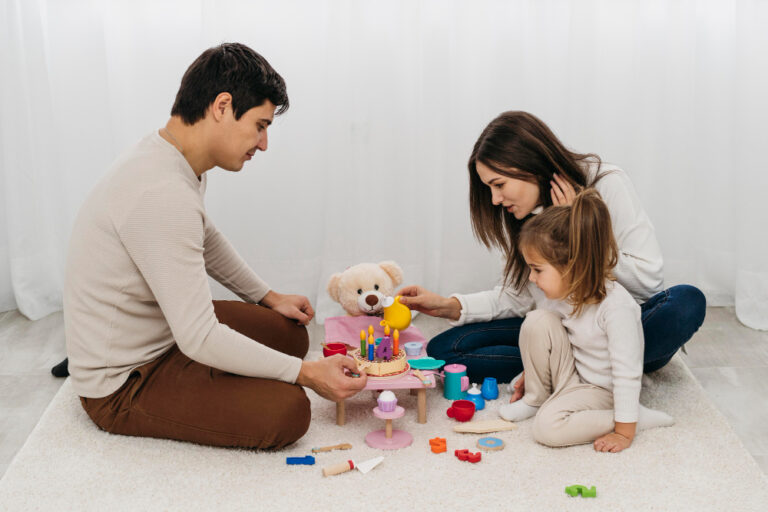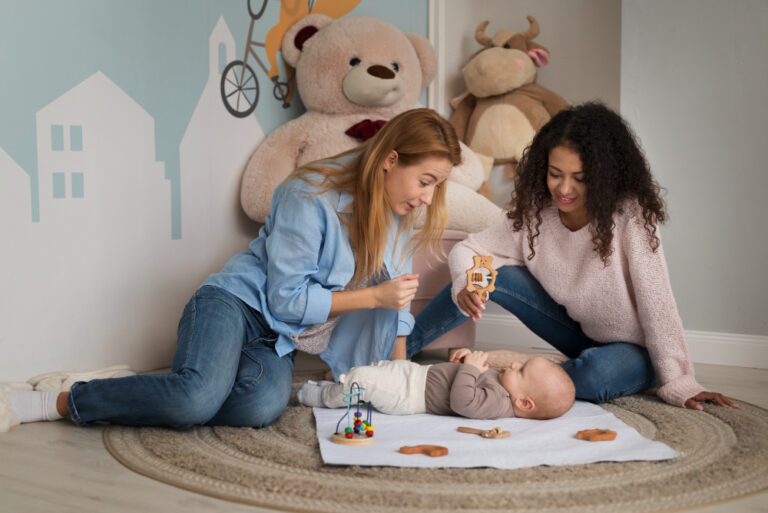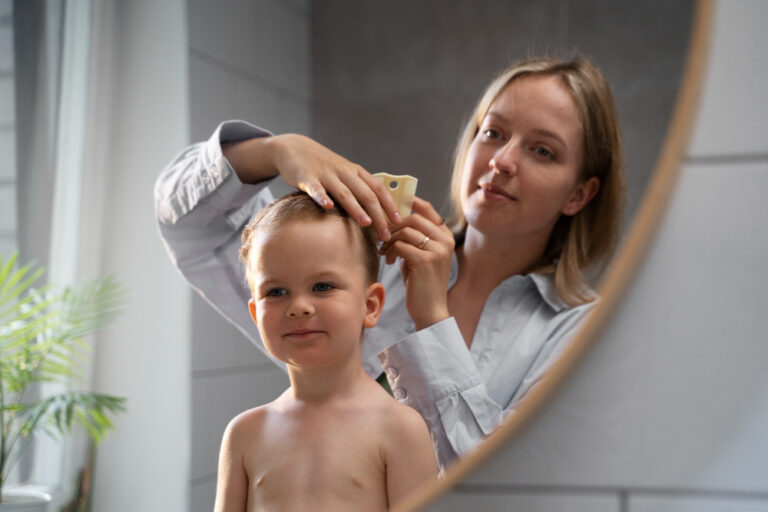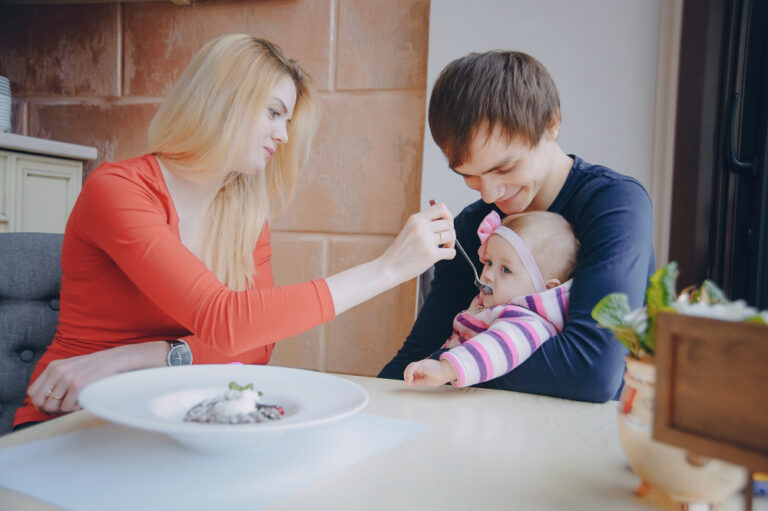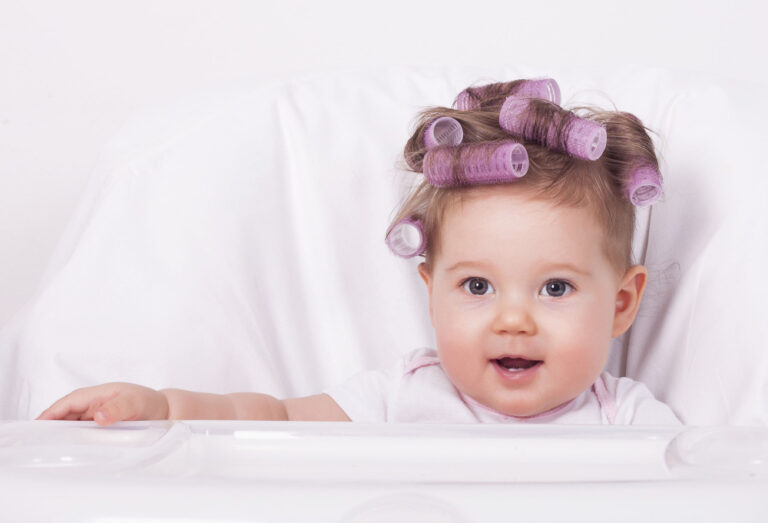10 Must-Know Baby Care Guides Every New Parent Should Follow
Caring for a newborn brings joy, love, and a whole lot of questions. From feeding and sleep routines to bath time and diaper changes, each moment feels brand new. Every parent wants to ensure their baby feels safe, healthy, and comforted and a little guidance can make a big difference.
Simple routines and practical tools can help create a calm, nurturing environment for both the baby and the caregiver. While there’s no one-size-fits-all approach to parenting, understanding a few essential baby care practices can ease the stress and boost your confidence.
If you’re a first-time parent or adding another little one to the family, these guides offer clear, trusted advice to support your journey.
The goal is to make those early months feel more manageable, joyful, and filled with connection. Dive into these 10 baby care guides that can help you build a loving and healthy start for your baby.
10 Baby Care Guides
Babies need love, attention, and care every day. As a parent, you may feel nervous at first. That is normal. This guide will help you take care of your baby with simple steps.
These 10 baby care ideas are easy to follow and helpful for new parents. Let’s go one by one.
1. Keep Your Baby Clean and Dry

Babies have soft skin. It needs regular cleaning. Use lukewarm water and a soft cloth. Clean the face, hands, and diaper area every day. Bathing is not needed daily. Two or three times a week is fine.
Change diapers often. Wet or dirty diapers can cause rashes. After each change, wipe the area gently. Let it dry before putting on a fresh diaper. Use baby cream if the skin looks red. Clean babies are happy babies.
2. Feed the Baby on Time
Babies need food often. Newborns usually eat every two to three hours. Breast milk is the best. It gives nutrients and helps build immunity. If you use formula, follow the instructions on the box.
Watch for signs of hunger. The baby may cry, suck on hands, or move lips. Do not wait too long. Feed before the baby gets too upset. Hold the baby close while feeding. It gives warmth and comfort.
3. Help the Baby Sleep Well

Babies sleep a lot, but not at one time. Newborns may sleep 16–18 hours a day, but in short parts. Create a calm space for sleep. Dim lights. Reduce noise. Keep a routine. Bath, feeding, and sleep at the same time each day.
Use soft sheets. Lay the baby on the back to sleep. This lowers the risk of sudden infant death. Avoid toys or loose blankets in the crib. Keep it simple and safe.
4. Keep the Baby Warm, Not Hot
Babies cannot control body heat well. They need help to stay warm. Use soft clothes. One extra layer than what you wear is enough. Touch the baby’s neck or chest. If it feels too warm or sweaty, remove a layer.
Overheating is dangerous. Avoid thick blankets while sleeping. Cover the baby’s feet and head during cold days. On hot days, dress in light cotton. Comfort matters more than style.
5. Give Tummy Time Every Day

Tummy time means placing the baby on their belly while awake. Start for a few minutes each day. Do this on a soft surface. Stay close and watch.
Tummy time helps build strong neck and shoulder muscles. It also helps prevent a flat head. Make it fun. Put toys in front. Talk to the baby. Smile. The baby will enjoy it. Just a little each day makes a big difference.
6. Talk, Sing, and Smile Often
Babies learn from faces and sounds. Talk to your baby often. Say their name. Tell them what you are doing. Sing soft songs. Use a calm voice. Smile a lot. Babies love seeing your face.
This helps brain growth and builds trust. Even if the baby cannot talk back, they are listening. They learn by hearing you speak. Interaction is as important as food.
7. Watch for Signs of Illness
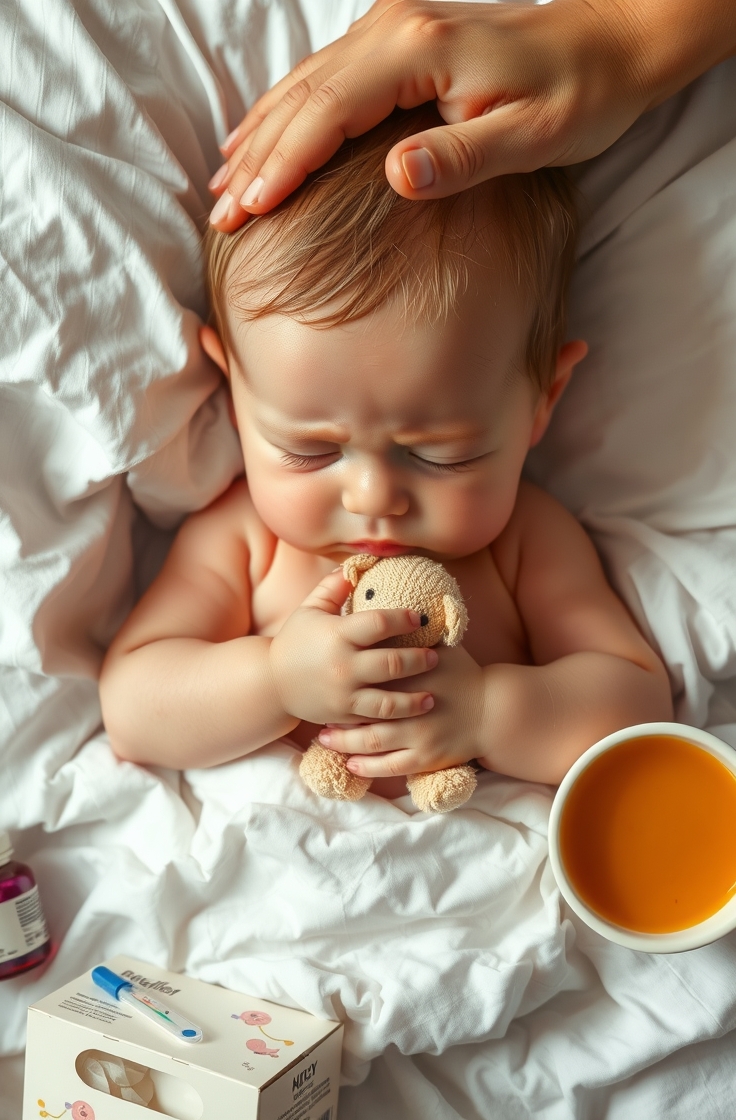
Babies cannot say what hurts. You need to watch closely. Crying more than usual, fever, trouble feeding, or changes in poop may be signs of sickness.
Check the baby’s body for rashes, swelling, or redness. Trust your feeling. If something does not seem right, call the doctor. Early care helps prevent bigger problems. It is okay to ask for help.
8. Take Care of the Umbilical Cord
After birth, the umbilical cord stump stays for some days. Keep it clean and dry. Do not cover it with the diaper. Fold the diaper below the stump.
Use only clean water to clean. No powder or cream. The stump will fall off in 1–2 weeks. Call a doctor if it smells bad, bleeds, or has yellow pus. Gentle care keeps infection away.
9. Trim Nails Carefully
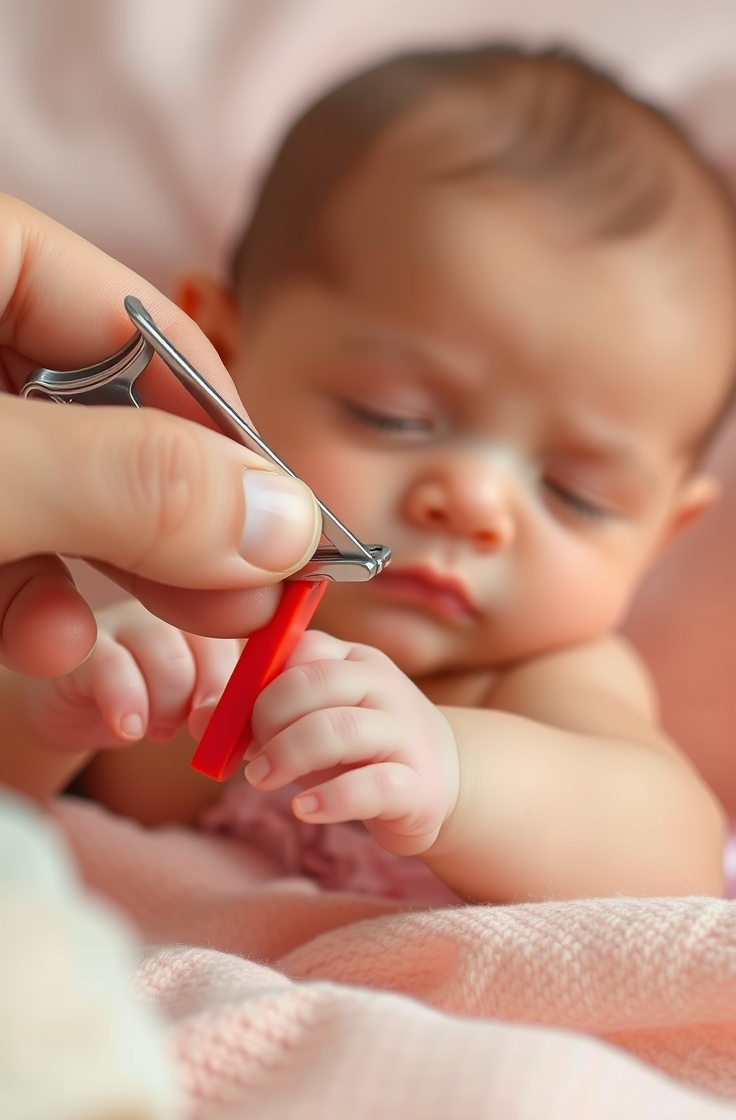
Baby nails grow fast. They can scratch their face. Use baby nail scissors or a soft file. Trim while the baby sleeps or is calm. Hold the finger steady. Cut small bits.
Do not go too deep. Do not bite the nails or pull them. This may hurt the skin. Clean nails keep the baby safe from scratches and germs.
10. Burp After Feeding
Babies swallow air while feeding. That air needs to come out. Hold the baby upright. Place the baby on your shoulder or on your lap, facing forward. Gently rub or pat the back.
Burping helps prevent gas and spit-up. Some babies burp quickly. Some take time. Be patient. Try for a few minutes. If no burp comes and the baby looks fine, that is okay too. Comfort after feeding is very important.
FAQs
How often should I bathe my baby?
Two or three times a week is enough. Clean the face, hands, and diaper area daily.
What is the best sleeping position for babies?
Lay babies on their back. This lowers the risk of sudden infant death syndrome (SIDS).
Can I take my newborn outside?
Yes, but avoid crowded or dusty places. Use light cover and support the baby well.
How long should I breastfeed?
Doctors say to breastfeed for six months or more. You can also give solid food after six months with continued breastfeeding.
What do I do if my baby has a fever?
Check the temperature. If it’s 100.4°F (38°C) or more, call your doctor.
Is crying always a sign of pain?
No. Babies cry for many reasons like hunger, sleep, or wet diapers. Learn your baby’s cues.
How do I know if the baby is full after feeding?
The baby may stop sucking, turn away, or look sleepy. Don’t force more milk.
Can I use normal lotion on my baby?
Use products made for babies. Their skin is very soft and needs mild items.
What is the best way to clean baby’s ears?
Wipe the outside gently with a soft cloth. Do not put anything inside the ear.
Is it okay if the baby does not poop every day?
Yes. Some babies poop every day. Others may poop every few days. If the baby eats well and is active, it’s usually fine.
Conclusion
Baby care may feel hard at the start, but small steps make a big difference. Clean skin, enough sleep, warm clothes, and regular feeding help your baby grow strong and happy. Daily love and attention matter more than anything.
Every baby is unique. Learn their needs and follow your heart. Trust yourself. You are doing great. This guide gives a strong start to your baby care journey. Stay gentle. Stay calm. Your baby feels your love in every little act.


